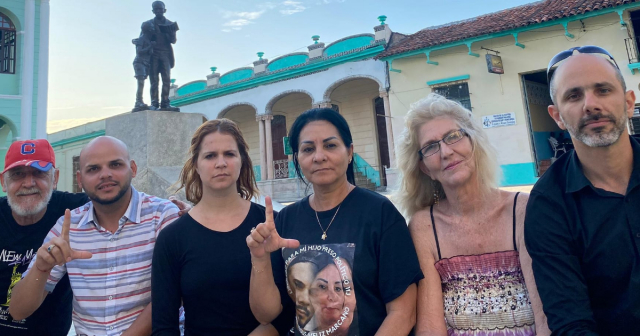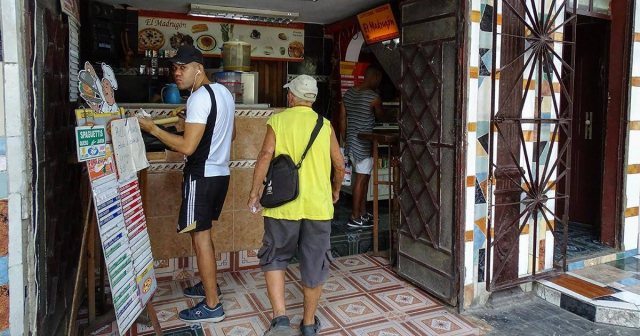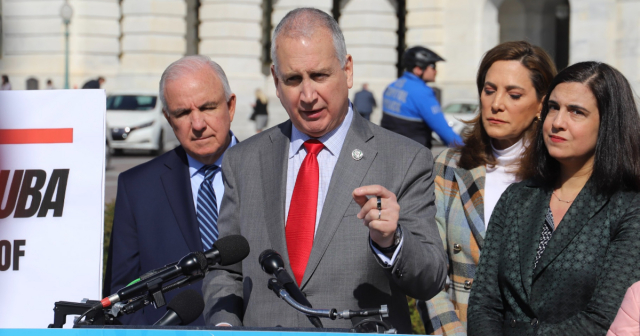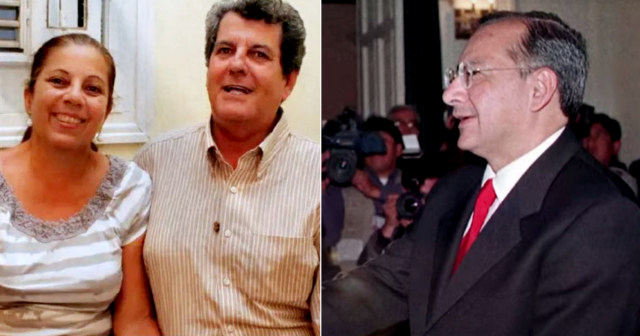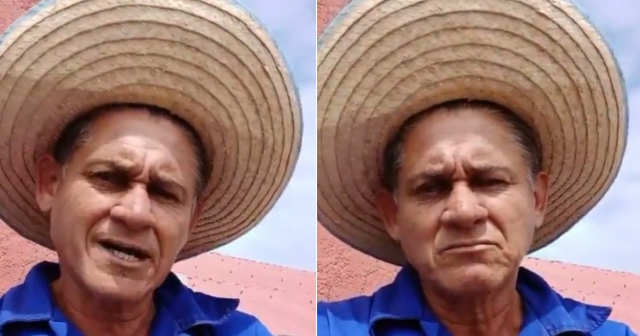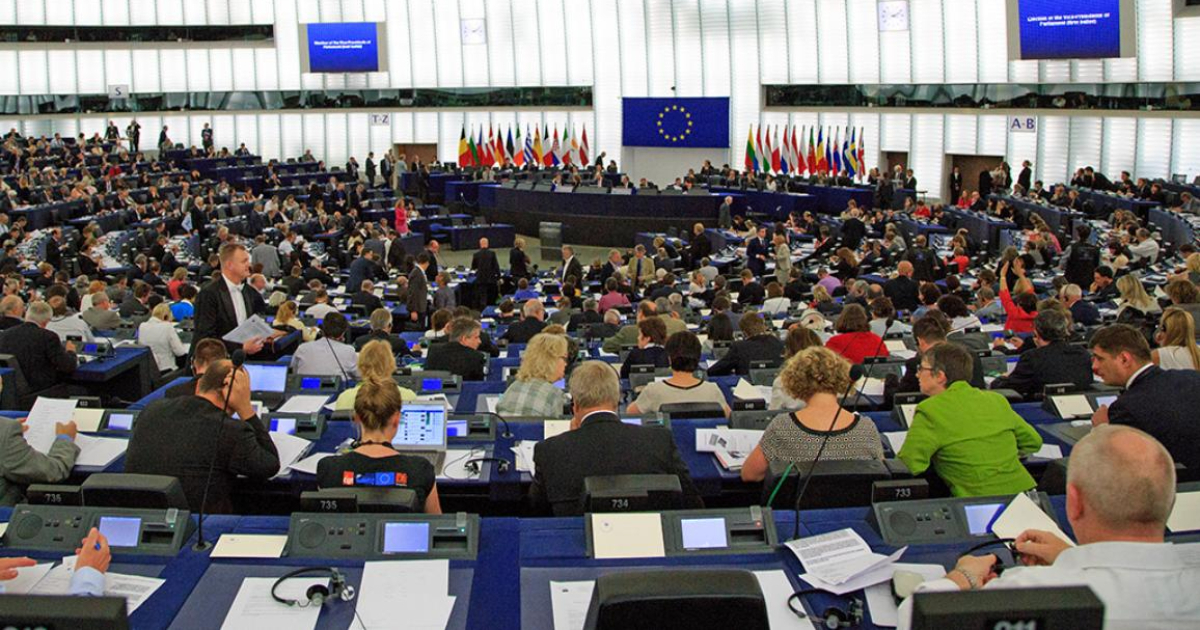
In a unified call, a group of 34 MEPs of various political tendencies, mostly Spanish, urged the High Representative of the European Union (EU) for Foreign Policy, Joseph Borrell, to undertake "concrete steps" towards the democratization of Cuba.
The request is framed in the Political Dialogue and Cooperation Agreement with Cuba (ADPC), with the objective of achieving the release of political prisoners and moving towards a more open and democratic society on the Caribbean island, according to the agency. WHICH.
The letter presented by the parliamentarians emphasizes their support for the demands of the relatives of the political prisoners, demanding from the Cuban regime immediate release of these and the cessation of harassment of their loved ones.
“We demand that the Cuban state consider any legal action that implies the immediate release of political prisoners, and the cessation of harassment of the prisoners' relatives and the members of Cuba in Mourning, who demand the release of their unjustly imprisoned relatives.” , expresses the document.
The initiative coincides with the visit to European Parliament (EP) of the Cuban Observatory of Human Rights (OCDH), underlining the need for European diplomacy to take concrete measures in the face of commitments "always unfulfilled" by the Cuban regime.
Emphasizing the urgency of a transition towards a fully democratic state in Cuba, the MEPs demand the holding of plural, free and democratic elections, as well as unrestricted respect for Human Rights and individual freedoms on the island.
“In keeping with the commitments acquired, and always unfulfilled, by the Cuban regime in the ADPC, we reiterate the urgent need for concrete steps for a transition towards a full state on the island, and the holding of plural, free and democratic elections, as well as respect for human rights and individual freedoms,” indicated the MEPs.
In addition, they warned about the worsening of social violence and migration as a result of the socioeconomic crisis facing Cuba, marked by inflation, shortages of medicines and deterioration of public services.
"They are a consequence of the structural crisis and the lack of political will of the Cuban regime to make the changes that the country needs, instead of measures like the recent 'paquetazo', which imply sacrifices only for the population," they noted.
Among the signatories of the letter are prominent representatives of parties such as the PP, Ciudadanos, VOX and the PNV, underlining the breadth of political support for this call for the democratization of Cuba.
With this action, the MEPs seek to generate diplomatic pressure for the European Union to adopt more forceful measures in its relationship with Cuba, focused on promoting a change towards a more open political system that respects fundamental rights.
The Swedish government made a statement in this sense last July, asking the EU to review the ADPC due to the continued violations of human rights in the country.
This was expressed by the Minister of Foreign Affairs of Sweden, Tobias Billström, demanding pressure actions on the Cuban regime to promote democracy on the island, and “a review of EU policy and the ADPC agreement, including EU aid to Cuba.”
Days before, the EP condemned the human rights violations perpetrated by the Cuban regime against protesters, opponents, religious leaders, human rights activists and independent artists, and urged the authorities to immediately end the policy of repression.
In addition, urged the application of sanctions against those responsible for the repression, starting by Miguel Diaz-Canel as a preeminent figure in the chain of command of the Cuban security forces, along with other senior government officials.
In response, the National Assembly of Cuba stated that the European Parliament he had "no moral, political and legal authority to judge" to Cuba, and that the approved resolution shows "a high interventionist content" and defames the Cuban reality.
"It's time to suspend our Agreement with Cuba and say 'we are going to support civil society, the Cubans on their path towards democracy,'" demanded in June the Vice President of the EP, Dita Charanzová.
What do you think?
COMMENTFiled in:

